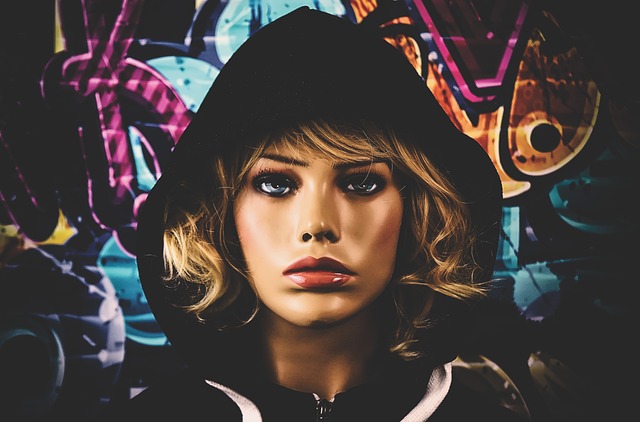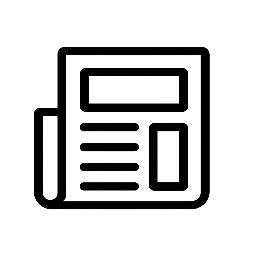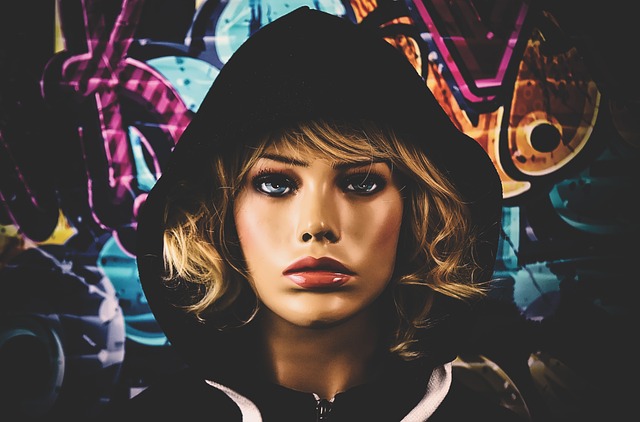-
Table of Contents
Unlocking the Potential of AI in Music Creation

Artificial intelligence music creator tools are revolutionizing the way we compose, produce, and experience music. For those who have been struggling to harness the power of these technologies, this article will guide you through the essentials, offering practical advice and insights. Whether you’re a seasoned musician or a beginner, understanding how to leverage AI can transform your creative process.
Table of Contents
- What is AI Music Creation?
- Benefits of Using AI in Music
- Top AI Music Tools to Explore
- Case Studies: Success Stories
- Challenges and How to Overcome Them
- The Future of AI in Music
- Practical Tips for Getting Started
What is AI Music Creation?
Artificial intelligence music creator systems use machine learning algorithms to generate, analyze, and enhance music. These tools can compose melodies, harmonies, and even entire songs based on user input or predefined parameters. By analyzing vast datasets of existing music, AI can mimic styles, genres, and even specific artists. This technology is not just for professionals; it’s accessible to anyone with a passion for music.
Benefits of Using AI in Music
There are numerous advantages to incorporating AI into your music creation process. First, it saves time by automating repetitive tasks like chord progression and rhythm generation. Second, it provides inspiration by offering fresh ideas and unique combinations. Third, it democratizes music production, making it accessible to those without formal training. Additionally, AI can help you experiment with new genres and styles, pushing the boundaries of your creativity.
Enhanced Creativity
AI tools can spark new ideas by suggesting melodies, harmonies, and rhythms that you might not have considered. This can be particularly useful when you’re stuck in a creative rut.
Accessibility
With AI, you don’t need to be a professional musician to create high-quality music. Many tools are user-friendly and come with tutorials to help you get started.
Efficiency
AI can handle time-consuming tasks like mixing and mastering, allowing you to focus on the creative aspects of music production.
Top AI Music Tools to Explore
There are several AI music tools available that cater to different needs and skill levels. Here are some of the most popular ones:
- Amper Music: This tool allows you to create and customize music tracks quickly. It’s ideal for content creators who need royalty-free music.
- AIVA: Known for its ability to compose classical music, AIVA is perfect for those looking to explore more traditional genres.
- Jukedeck: This platform uses AI to generate music based on your preferences. It’s great for creating background music for videos and games.
- OpenAI’s MuseNet: This advanced tool can generate music in various styles and genres, making it versatile for different projects.
Case Studies: Success Stories
Many artists and producers have successfully integrated AI into their workflows. For instance, Taryn Southern used AI to compose and produce her album “I AM AI,” which was entirely created with the help of AI tools. Similarly, the band YACHT collaborated with AI to generate lyrics and melodies for their album “Chain Tripping.” These examples demonstrate the potential of AI to enhance creativity and produce unique musical works.
Taryn Southern’s Journey
Taryn Southern’s album “I AM AI” is a groundbreaking example of how AI can be used in music production. She utilized tools like Amper Music and IBM Watson to compose and produce the entire album, showcasing the capabilities of AI in creating professional-quality music.
YACHT’s Innovative Approach
The band YACHT used AI to generate lyrics and melodies for their album “Chain Tripping.” They fed their previous works into an AI system, which then created new material based on their style. This innovative approach allowed them to explore new creative possibilities.
Challenges and How to Overcome Them
While AI offers many benefits, it also comes with challenges. One common issue is the lack of emotional depth in AI-generated music. To overcome this, you can use AI as a starting point and add your personal touch to the composition. Another challenge is the learning curve associated with new tools. Taking the time to explore tutorials and practice can help you become more comfortable with these technologies.
Emotional Depth
AI-generated music can sometimes lack the emotional depth that human composers bring. To address this, consider using AI-generated pieces as a foundation and adding your own emotional nuances.
Learning Curve
New tools can be intimidating, but with practice, you can master them. Start with simple projects and gradually take on more complex tasks as you become more familiar with the software.
The Future of AI in Music
The future of AI in music is incredibly promising. As technology continues to evolve, we can expect even more advanced tools that offer greater flexibility and creativity. AI could also play a significant role in music education, helping students learn composition and theory more effectively. Moreover, the integration of AI with other technologies like virtual reality could create entirely new musical experiences.
Advanced Tools
Future AI tools will likely offer more advanced features, such as real-time collaboration and more intuitive interfaces, making music creation even more accessible.
Music Education
AI has the potential to revolutionize music education by providing personalized learning experiences and instant feedback, helping students improve their skills more efficiently.
Practical Tips for Getting Started
If you’re ready to dive into the world of AI music creation, here are some practical tips to help you get started:
- Start Small: Begin with simple projects to familiarize yourself with the tools.
- Experiment: Don’t be afraid to try different genres and styles to see what works best for you.
- Learn Continuously: Take advantage of



Leave a Reply